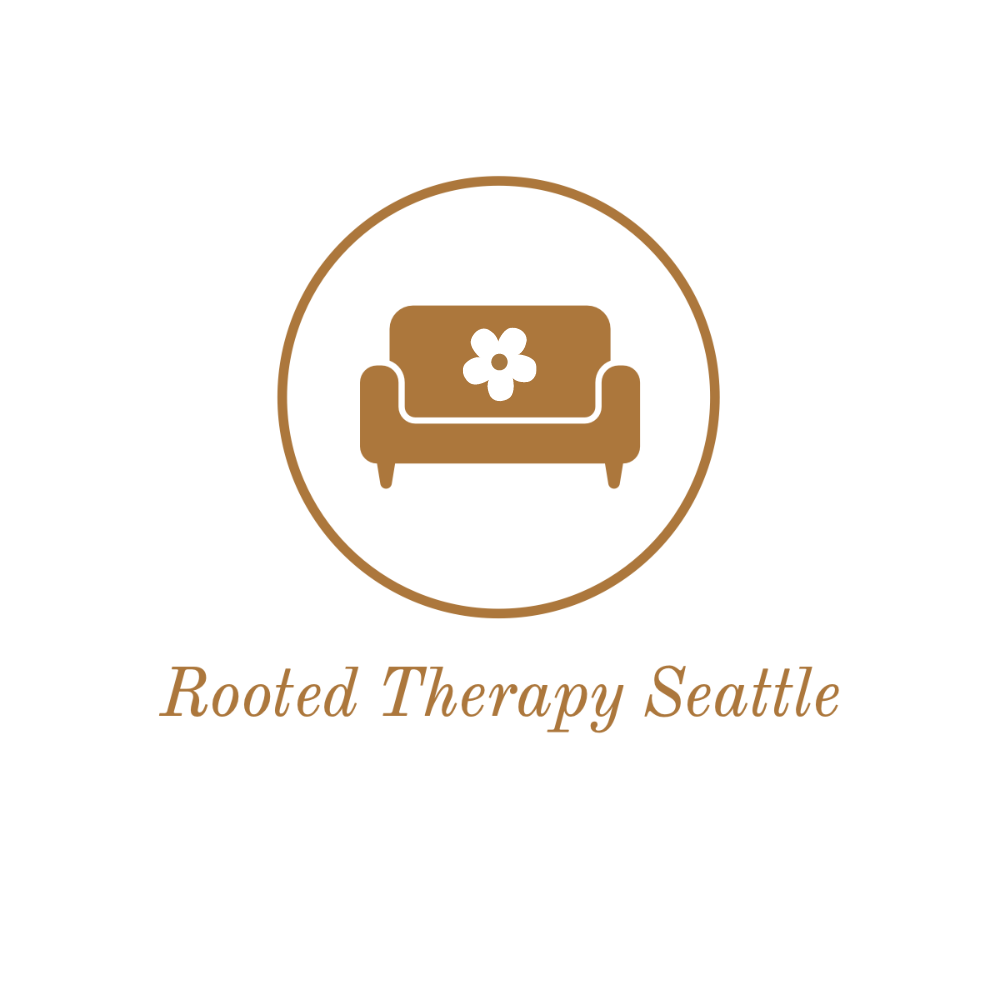Gender Roles and Women with ADHD
ADHD and Gender Roles
I often hear women really struggling with certain household chores such as starting laundry but not putting it away, filing away papers, organizing the closet, finishing a project around the house, etc. In a study by Williamson and Johnson in 2015, they found that the impairment was higher in women with ADHD than men. But why is that? We often don’t associate ADHD with women anyways, so how does it seem that the impacts of ADHD feel worse for women?
When thinking about larger impairment in women, gender roles can be a contributing factor. A large part of difficulties with ADHD are in executive functioning skills. These skills are basically the tools you use to live your life such as time management, emotional regulation, planning, and organization. These things can be very difficult for anyone who has been diagnosed with ADHD. It can be particularly difficult for women due to the typical gender roles that are often placed on women.
Women with ADHD and Executive Function Skills
Some examples of such executive function tasks that are often designated to women are:
Organizing play dates
Managing families schedules
Planning what to have for dinner: planning meals, buying groceries and preparing the food
Remembering important dates
Keeping a tidy house: vacuuming, dusting, cleaning, and laundry
Not being overly emotional: in the workplace or in relationships
Get to places on time
Harder still, being able to do these sorts of executive function tasks is regarded in society as being responsible, a good mother or partner, and dependable. When you forget birthdays or can’t seem to consistently put things away it feels that you’re not meeting the ‘expected’ standards for women. It feels like a double whammy. It affects the gender stereotypes and negative stereotypes around ADHD.
Strategies: ADHD and Executive Function Tasks
Here are some strategies and things to consider if you find yourself comparing yourself to stereotyped gender roles:
Visualize- pause and imagine doing the task that you are struggling to do. For example, you hear the chime of the dryer signaling that your laundry is done. You are tired and want to put it away tomorrow. Pause and think about if you will still want to do it tomorrow either. Chances are you will feel the same way tomorrow as you do today. If you’re not going to want to do it in the future, just do the thing right away instead of waiting.
Ask for help- if you have a roommate or partner offload some of the tasks to lighten the burden. Reevaluate tasks that you struggle with and work to find ways that you and the other person are both okay with taking on. Be willing to negotiate and express your needs.
Give yourself grace- there is a lot of pressure on women to do things and to do things well. You don’t have to do things perfectly all the time. It may make you squirm to be okay with less than perfection but it really is ok to not have the perfect routine or the perfect set up but if it works and you are able to do the task consistently; that is a win!
Is the task really worth it if not don’t do it- think to yourself, does it really matter that I do this task every single day or when I think I should? If you live alone and it gives you stress when the bed isn’t made because you were told to do it every day, think about if its worth your time and stress. If you don’t care about it don’t do it and or waste energy being stressed about something that you actually don’t really care to prioritize.
Managing gender role expectations can be very difficult for women with ADHD. However, you can be a good mom, partner, friend or daughter even if you struggle sometimes with certain executive function tasks.
Resources:
M. Frank, 2022, Essential tools and skills for women with ADHD: Specialized assessment & comprehensive treatment strategies. PESI, Inc
Meet the Author
Adrienne Kandhari (she/her) is a licensed mental health counselor in the state of Washington who has lived experience with ADHD. Adrienne was not diagnosed with ADHD until as an adult. She specializes working with millennial women with ADHD and helping them to grow, succeed, and thrive in the modern world. When she’s not with clients, you can find her exploring the PNW, sewing a new fashion project, and soaking up some snuggles from her Belgian Malinois pup, Alaia.



